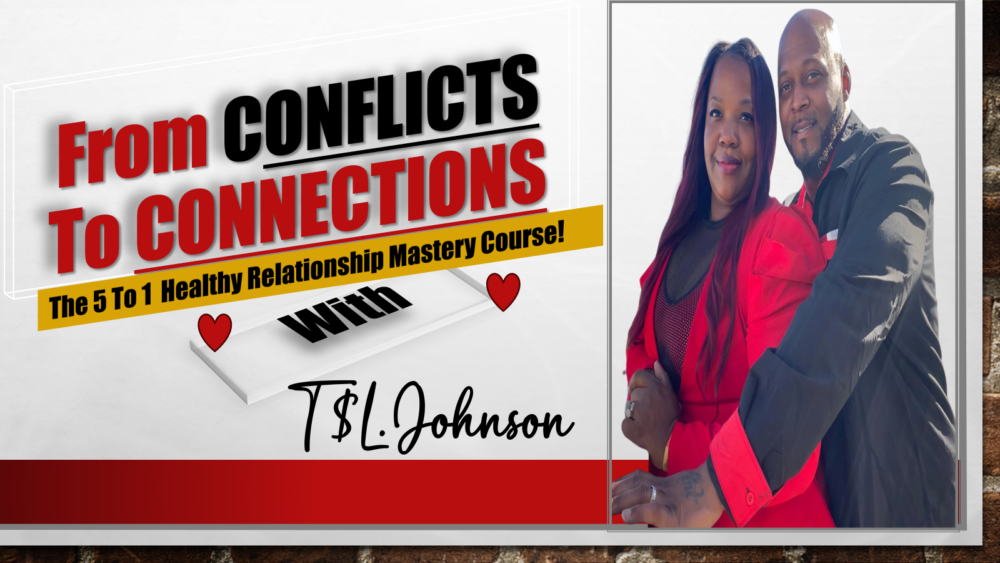Understanding the Nature of Repetition in Arguments
What Causes Arguments to Recur?
I’ve had my fair share of discussions that seemed to spiral in circles. Often, it boils down to a lack of clarity. When both parties aren’t on the same page, it’s easy for the same points to pop up over and over again. What stems from misunderstanding often leads to conflict.
Another factor is emotional involvement. When emotions run high, logic takes a backseat, and individuals may resort to the same points in an attempt to validate their feelings. This can create a repetitive cycle, as one person tries to express their emotions while the other simply tries to defend against them.
Finally, there’s the element of habit. If we’ve always argued a certain way, it’s comfortable. Our brains are wired to take shortcuts, and reverting to familiar arguments can feel safer than branching out into new territory.
The Impact of Poor Communication Skills
Let’s be real—most of us didn’t receive a crash course in communication skills growing up. Whether it was misreading cues or not expressing feelings clearly, communication hiccups can set the stage for repetitive arguments. I’ve found that clear expression of thoughts and feelings can drastically reduce misunderstandings.
Cues like tone and body language play a huge role, too. If you’re not aware of how your delivery impacts the message, you can easily create confusion that leads to repetition. I’ve had to retrain myself to be aware of my nonverbal signals—trust me, it pays off.
Lastly, the tendency to interrupt or talk over each other can create a wall that prevents real dialogue. I’ve made it a point to become a better listener, and that shift alone has helped me break out of the argument cycle.
Defining Clear Objectives in Discussions
Before diving into any discussion, I’ve learned the importance of setting clear objectives. It’s like having a roadmap; without one, you can easily drift off course. Take some time to identify what you want to achieve and communicate that up front.
Being clear about your goals not only helps you stay focused, but it also invites the other person to do the same. Ask them early on what they hope to gain from the exchange. You’ll often find you can find common ground and reduce repetition.
This accountability fosters a sense of responsibility on both parties to steer the conversation towards constructive aims instead of engaging in a tug-of-war with repetitive points. Accountability really does work wonders.
Recognizing When to Step Back
The Importance of Timing
Sometimes it’s not just about what we say, but when we say it. I’ve noticed that diving into heavy discussions when emotions are raw often leads to repetitive conflicts. Taking a step back can provide clarity and a fresh perspective.
There are times when anxieties or tensions are high, and it’s essential to allow everyone involved a breather. I’ve often suggested postponing conversations to let emotions settle. It’s amazing how a bit of time can change everything.
This pause can help both parties refocus and approach the discussion with a mindset geared toward collaboration rather than confrontation. Taking a timeout can often be a game changer.

Creating a Safe Space for Dialogue
I can’t emphasize enough how crucial a supportive environment is for productive conversations. When both parties feel safe expressing their thoughts and emotions, the likelihood of falling into the traps of repetition dwindles.
Encourage open feedback and make it known that differing opinions are valued, not attacked. I’ve learned that setting the right vibe can transform an argument into a discussion. Keep it friendly and lay down the ground rules for respectful communication.
Creating this kind of space allows for more honest dialogue and minimizes the fear of repetition, pushing us to explore new solutions together rather than recycling old grievances.
Active Listening: The Secret Weapon
Active listening is a skill I’ve had to work on extensively. It’s one thing to hear someone, but it’s another to really listen. I’ve made a commitment to focus completely on the speaker, nodding, and asking clarifying questions that demonstrate I value what they’re saying.
This practice not only helps to reduce misunderstandings but also allows for a more in-depth understanding of the points being made. When you actively engage, it’s genuinely harder for the conversation to devolve into repetition because you’re continuously reacting to the evolving dialogue, not just reciting old lines.
Additionally, summarizing what the other person has said not only shows empathy but also confirms you’ve grasped their points. This technique has transformed my approach to dialogue, often illuminating solutions that seem to emerge from nowhere.
Conclusion: The Path Forward
Incorporating these strategies into your conversations doesn’t just make discussions more pleasant, it enhances relationships! Repetitive arguments can drain our energy and damage partnerships. By understanding what causes these cycles, improving communication, and prioritizing active listening, we can open up a new realm of dialogue that is both enriching and constructive.
FAQ
Why do arguments seem to repeat so often?
Arguments often repeat due to misunderstandings, emotional responses, and habitual communication styles that prioritize familiar points over fresh perspectives.
How can I improve my communication skills?
Improving communication starts with clarity, active listening, and being mindful of nonverbal communication cues. Practicing these skills can foster healthier discussions.
What role does emotional management play in resolving conflicts?
Managing emotions effectively helps prevent escalations in arguments, allowing for more constructive discussions without falling into repetitive cycles.
What should I do if a conversation is getting heated?
Taking a step back to regroup is essential. You can suggest a pause in the discussion to allow cooling off time, which often leads to more productive conversations later.
How can creating a safe space help with repetitive arguments?
A safe space encourages open dialogue and minimizes fear of judgment, making it easier for both parties to express themselves without reverting to repetitive defenses.

Schedule Your First 20-Minute Coaching
Call With Us Today to see if we fit . You pick the price!
Click Here






